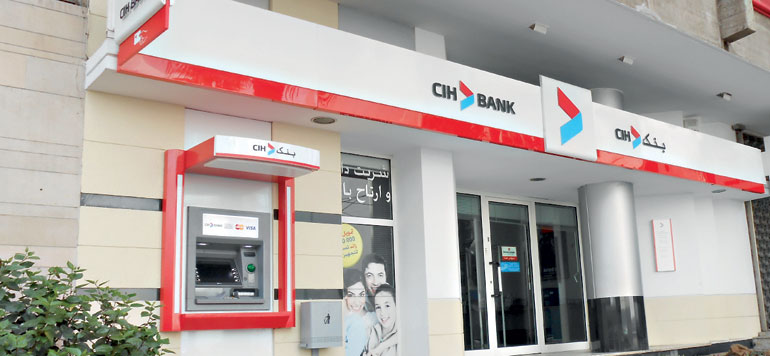In its latest market outlook, CIH Capital Management paints a mixed picture of the global economic landscape, highlighting a world caught between geopolitical friction, economic uncertainty, and Morocco’s continued resilience. One of the central topics of the report is the market reaction to Israel’s June 13 strike on Iranian nuclear facilities—an event long feared but, in the end, surprisingly benign in its financial impact.
Despite the gravity of the twelve-day confrontation, financial markets barely flinched. Global stock indices actually closed the period in the green, with equities gaining 1.49% and bonds inching up 0.53%. Tel Aviv’s stock exchange stood out, surging by 7%, leading the major indexes. The market’s calm stands in stark contrast to the fallout following “Liberation Day,” when markets plunged—stocks dropped 5.33% and bonds fell 0.71%—dragged down by escalating trade tensions.
CIH Capital Management argues that markets remain more sensitive to economic warfare than actual armed conflict. The war in Ukraine reinforces this perspective. Even the annexation of Crimea and Russia’s full-scale invasion didn’t spark lasting financial chaos, despite serious disruptions to supply chains and Russia’s increasing global isolation.
Now, as the current trade truce edges toward expiration, markets are bracing for renewed volatility. Much of the concern revolves around the unpredictable messaging from the U.S. president, which adds further strain to already fragile sentiment. The Federal Reserve is preparing for a tough 2025, forecasting rising inflation, higher unemployment, and weak growth. The latest data offers little reassurance: May marked the third straight month of contraction in U.S. manufacturing, while services posted their first slowdown in a year. Retail sales declined in both April and May, hurt largely by a plunge in auto sales after the introduction of new tariffs.
Even amid these warning signs, equity markets may still find support from a potential shift in monetary policy. The Fed is expected to cut rates twice before year’s end, a move that could weaken the dollar—an outcome openly favored by Donald Trump—and provide momentum for stocks.
Across the Atlantic, the European Union appears to be finding its footing. The European Central Bank expects moderate growth and controlled inflation through 2026, helped by fiscal easing in Germany. While France remains somewhat behind and German consumer sentiment is slipping, the overall macroeconomic foundation remains steady.
Turning to Morocco, the picture is notably brighter. CIH Capital Management points to strong corporate earnings, particularly in banking and construction, as key drivers of the MASI index’s rally. The index has jumped 29.7% so far this year, crossing the 19,000-point mark for the first time. This momentum is underpinned by subdued inflation, favorable interest rate expectations, and a supportive economic environment.
Still, the rally isn’t without its caveats. Valuations in certain sectors—such as healthcare and construction—are looking stretched. In contrast, segments like telecom and banking continue to offer attractive opportunities. Given the pace of gains, a short-term correction would not be surprising.
On the bond side, investor appetite is growing, fueled by expectations of looser monetary policy. Morocco’s budget deficit has widened by nearly 50% year-on-year, reaching 26.8 billion dirhams. Total financing needs now stand at 44.6 billion, with external borrowing becoming an increasingly vital tool for fiscal balance. This environment is boosting interest in long-dated bonds, while CIH Capital Management advises increasing exposure to short-term private debt instruments.
Despite global turbulence, Morocco’s economy is proving its strength. According to Bank Al-Maghrib and the High Commission for Planning, GDP growth is projected to hit 4.6% in 2025, up from 3.8% this year. That momentum is being driven by a strong agricultural season and a robust performance in non-agricultural sectors, bolstered by major infrastructure investments—many linked to preparations for the 2025 Africa Cup of Nations and the 2030 FIFA World Cup. Inflation is expected to stay around 1% in 2025 before ticking up slightly to 1.8%, reflecting overall macroeconomic stability.
